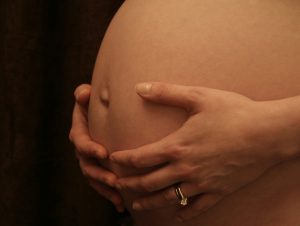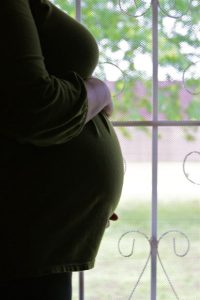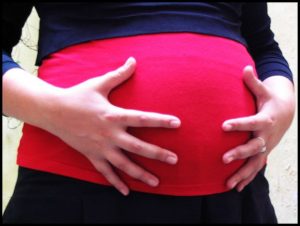When it comes to California pregnancy discrimination, it’s rarely as obvious as your boss saying, “You’re being fired because you’re pregnant.” That can lead many who have experienced pregnancy discrimination to second-guess themselves, and whether their experience was, in fact, discriminatory and based on their protected status as a pregnant person. In fact, too often, targets of pregnancy discrimination are gaslit into believing they were the problem.
Meanwhile, the Equality and Human Rights Commission reports some 54,000 women a year lose their jobs due to pregnancy. 1 in 5 experience workplace harassment or negative comments due to their pregnancy. 1 in 10 are discouraged from attending their regular doctor’s appointments.
As longtime Los Angeles pregnancy discrimination lawyers, we’re committed to helping those who have experienced these ordeals to sort through these events through a legal lens, with the goal of determining whether they are legally actionable.
The following are some red flags that you may be experiencing discrimination related to pregnancy, childbirth, and parenthood. These include: Continue Reading ›
 Orange County Employment Lawyers Blog
Orange County Employment Lawyers Blog










